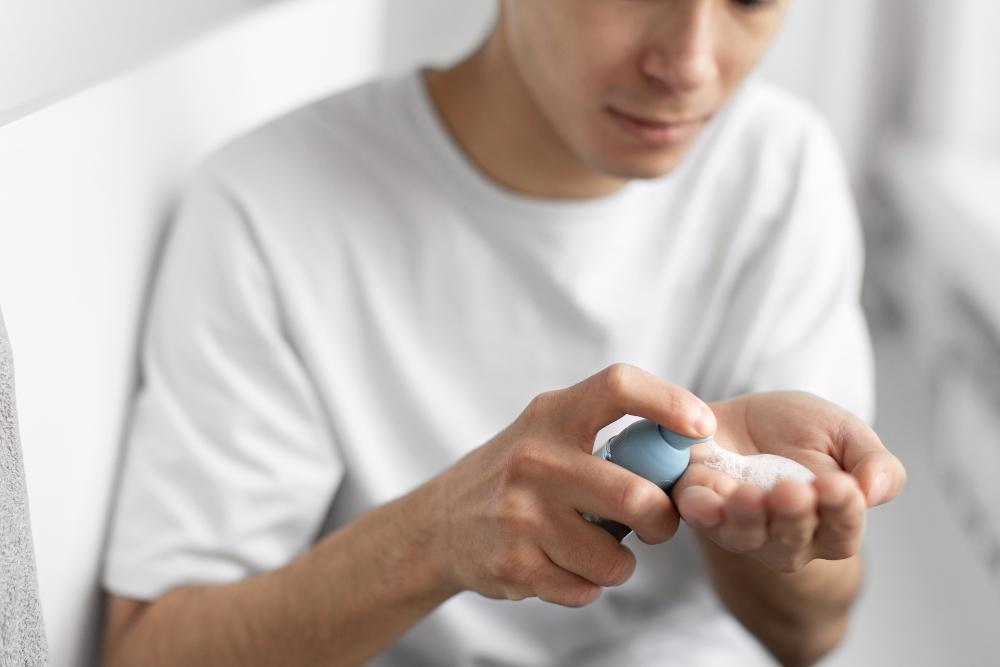Trusted Wound Healing Products for Home Use

Every household needs to be prepared for minor injuries, whether it’s a scraped knee, a paper cut, or a kitchen mishap. Having the right wound healing products at home can make a big difference in how quickly and safely a wound heals. From cleaning agents to healing ointments and dressings, the right tools ensure not only comfort but also prevent infections and complications. Here’s a guide to the most trusted wound healing products for home use.
Why Wound Healing Products Matter
When you get a cut or scrape, your body begins the healing process immediately. However, this natural process can be disrupted by bacteria, dirt, or improper care. This is where wound healing products come in—they assist your body in repairing itself efficiently and safely. Quality wound care items help clean the wound, protect it from germs, and encourage faster tissue regeneration.
1. Antiseptic Solutions and Wound Cleansers
The first step in treating any wound is cleaning it. Trusted antiseptics like hydrogen peroxide, iodine-based solutions, or saline wound cleansers help eliminate dirt and reduce the risk of infection. These products are essential in preventing complications and setting the foundation for healing.
Top Picks:
-
Hydrogen Peroxide Solution
-
Povidone-Iodine Solution
-
Sterile Saline Spray
2. Antibacterial Ointments and Creams
After cleaning, applying a healing ointment helps protect the wound and speed up recovery. Antibacterial ointments form a barrier against microbes and provide a moist environment that supports skin repair.
Popular Choices:
-
Neomycin and Bacitracin ointments
-
Petroleum jelly (unscented)
-
Natural alternatives like calendula or aloe vera creams
3. Sterile Gauze and Bandages
Keeping a wound covered prevents infection and helps the healing process. Sterile gauze pads and adhesive bandages are must-haves in any home first aid kit. They come in various sizes for different types of injuries and can be used with medical tape or self-adhesive wraps.
Best Types:
-
Sterile gauze pads (4x4 or 2x2)
-
Waterproof adhesive bandages
-
Elastic self-stick bandages
4. Hydrocolloid and Advanced Dressings
For wounds that require more intensive care, hydrocolloid dressings are a great option. These products maintain a moist environment that accelerates healing and reduces scarring. They're especially useful for blisters, shallow wounds, and minor burns.
Recommended Products:
-
Hydrocolloid patches for blisters
-
Foam dressings for light to moderate drainage
-
Silicone dressings for scar prevention
5. Pain Relief and Anti-inflammatory Gels
Pain and inflammation can slow down the healing process. Over-the-counter pain relief creams or gels containing ingredients like lidocaine or ibuprofen can reduce discomfort and make it easier to manage the wound.
Go-To Options:
-
Lidocaine gel for local pain relief
-
Ibuprofen-based topical creams
-
Arnica gel for bruising and swelling
6. Natural and Herbal Wound Healers
Many households also keep herbal remedies on hand. Natural ingredients like tea tree oil, manuka honey, and turmeric are known for their healing properties. These can be found in ointments or used as part of a home remedy under proper care guidelines.
Trusted Natural Options:
-
Manuka honey wound gel
-
Tea tree oil-based antiseptic creams
-
Turmeric-infused balms
7. Wound Healing Supplements
In addition to topical care, supplements that support skin and tissue repair can be beneficial. Vitamins like C and E, zinc, and protein powders help the body generate new cells and reduce healing time, especially for more serious injuries.
Commonly Used Supplements:
-
Vitamin C tablets
-
Zinc capsules
-
Collagen protein powders
Tips for Effective Wound Healing at Home
-
Always wash your hands before touching a wound or applying products.
-
Avoid using expired products as they may not be effective or safe.
-
Change dressings regularly, especially if they become wet or dirty.
-
Watch for signs of infection such as increased redness, swelling, pus, or fever.
-
Consult a doctor if the wound does not improve within a few days or seems severe.
Final Thoughts
Having trusted wound healing products at home is not just about convenience—it's about ensuring that you and your family can handle minor injuries safely and effectively. From antiseptics and bandages to natural balms and advanced dressings, these essential items should be part of every home’s first aid supplies. Proper wound care supports faster healing, minimizes the risk of infection, and helps you return to daily activities with confidence.
- Art
- Causes
- Crafts
- Dance
- Drinks
- Film
- Fitness
- Food
- Jogos
- Gardening
- Health
- Início
- Literature
- Music
- Networking
- Outro
- Party
- Religion
- Shopping
- Sports
- Theater
- Wellness
- Script
- App
